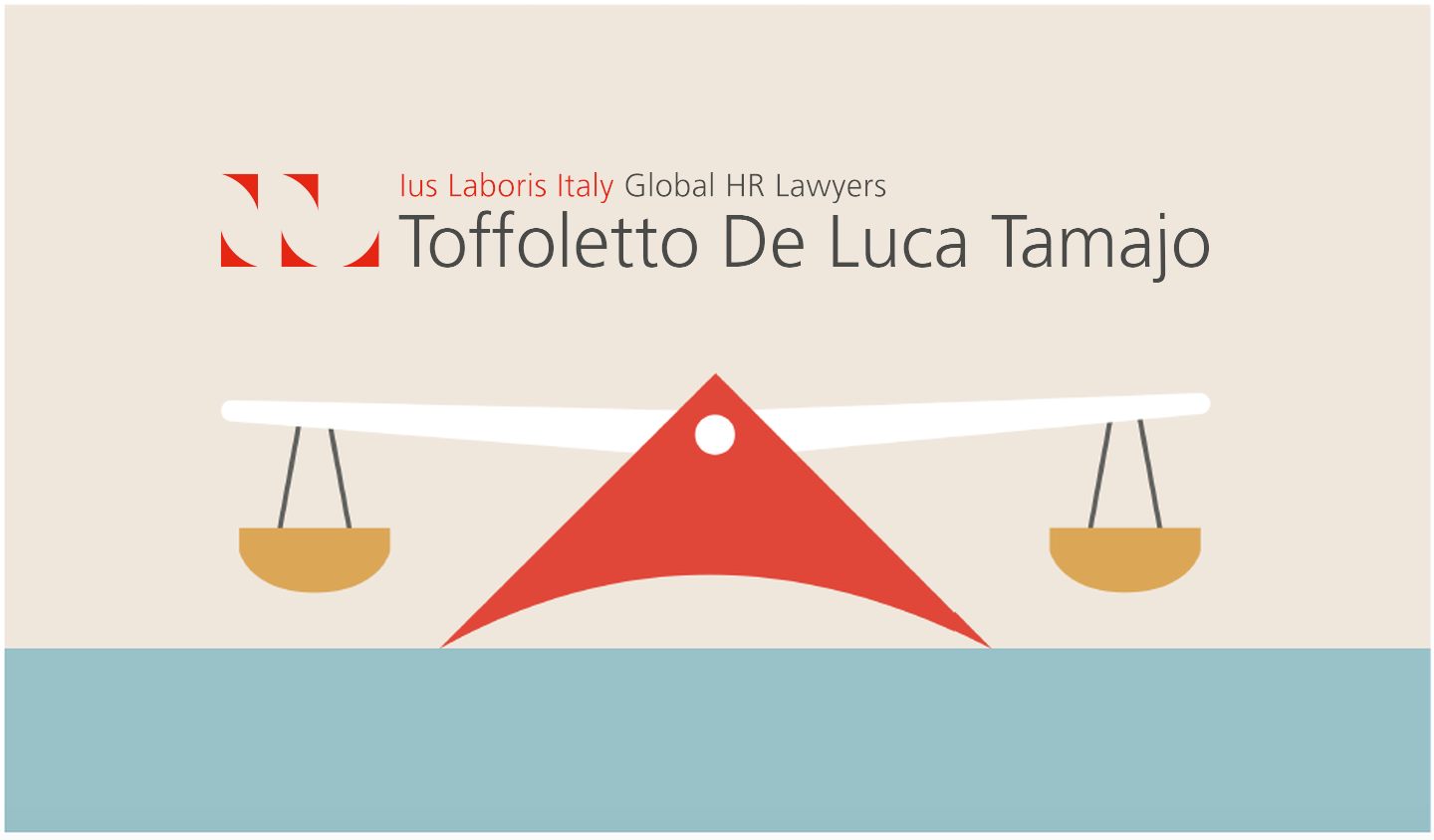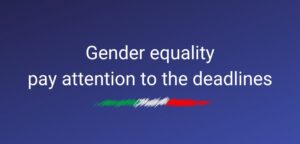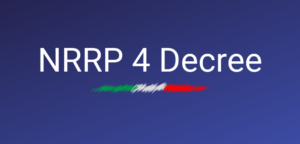Last Updated on April 3, 2019
Avv. Giorgia Pomponi, Associate e Dott.ssa Maria Marcello, Associate
Toffoletto De Luca Tamajo, studio legale specializzato in diritto del lavoro e sindacale per le imprese e contratti di agenzia, annuncia l’ingresso dell’avvocato Giorgia Pomponi e della dottoressa Maria Marcello.
L’avvocato Giorgia Pomponi, entra a far parte del team della sede di Roma come associate. Laureata in giurisprudenza con specializzazione in diritto del lavoro all’università LUISS Guido Carli, l’avvocato Pomponi ha approfondito la propria conoscenza dei profili giuslavorisitici in particolare nel settore giornalistico, della comunicazione e dell’entertainment.
L’area fiscale, Welfare, Compensation and Benefits di Toffoletto De Luca Tamajo vede, invece, l’ingresso a Milano della dottoressa Maria Marcello come associate. Laureata in gestione d’azienda, libera professione e diritto tributario presso l’Università Cattolica del Sacro Cuore, la dottoressa Marcello si è specializzata in materia fiscale e rinforzerà il team dedicato ai prodotti dell’area Fiscale, Welfare, Compensation & Benefits dello Studio, di cui è responsabile il Dottor Diego Paciello, sotto la supervisione della socia avvocato Donatella Cungi.
Il 2019 si conferma un anno di grande crescita per Toffoletto De Luca Tamajo. Questi nuovi ingressi seguono, infatti, l’apertura delle nuove sedi di Bologna – con la nuova partner avvocato Chiara Torino – e di Brescia – con il nuovo socio avvocato Flaminio Valseriati -, oltre alla promozione a partner degli avvocati Ornella Patané e Marco Sideri .
“





